MISSOURI
FOOD HANDLERS CARD
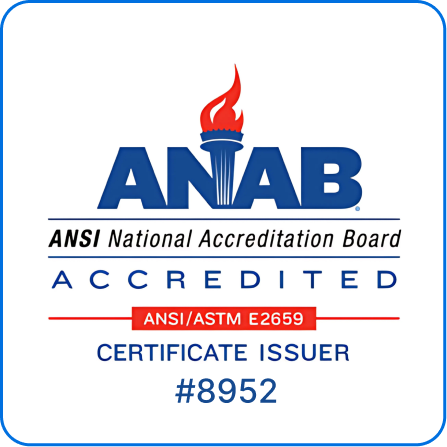
- ANSI National Accreditation Board (ANAB) Accredited
- Approved and Accredited in Missouri
- 100% Online, Accessible 24 hours a Day, 7 Days a Week
- Course Duration: 1.5 Hour
- Course Access: 3 Months from Purchase
- Owners/Managers: Manage, Track, and Report Employee Progress
- Certificate of Completion upon Successful Completion of Final Exam
- Exam Passing Score 70%
- 2 Chances to Pass the 40 Question Final Exam
- Languages Available: English, Spanish
- Bulk Discount Pricing Available
Our clients
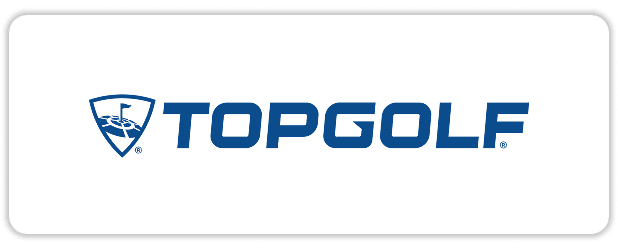


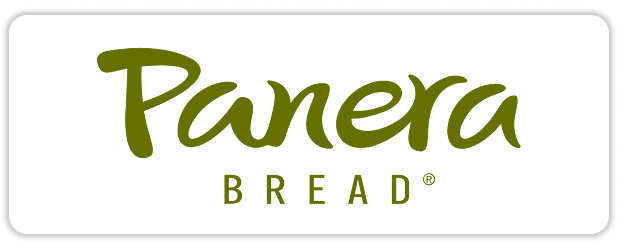
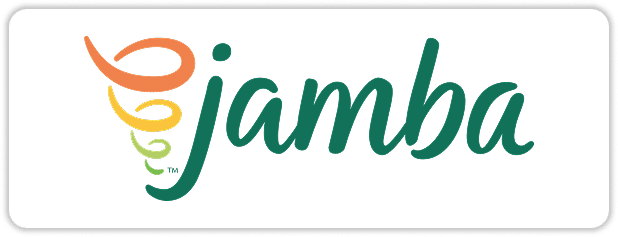


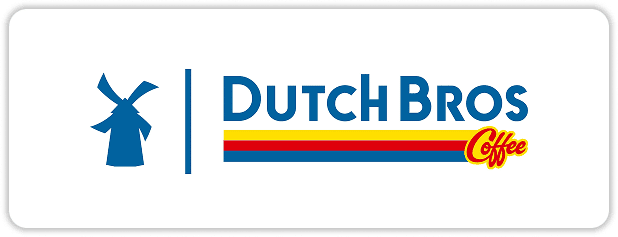
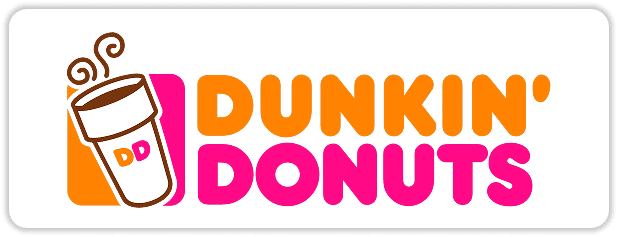
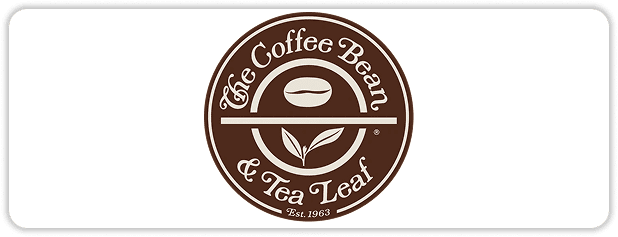
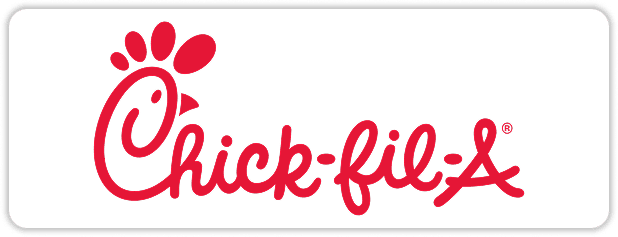
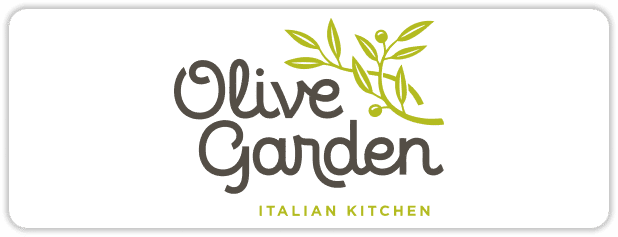
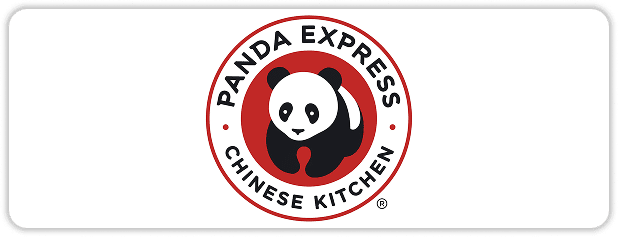
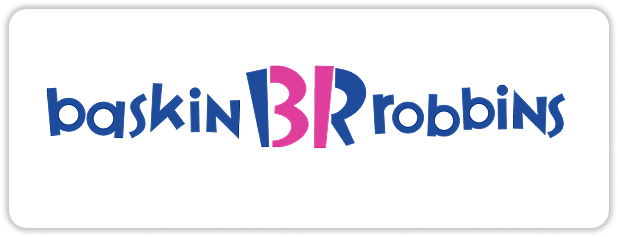
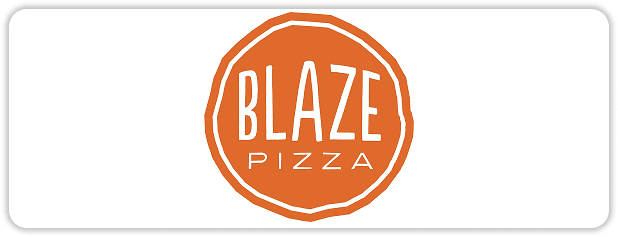
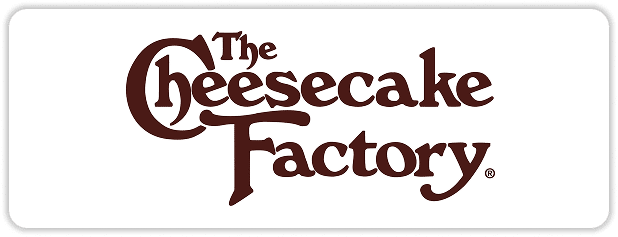
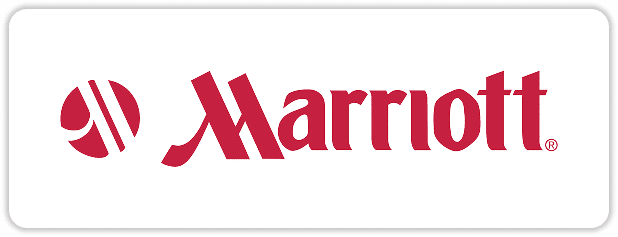

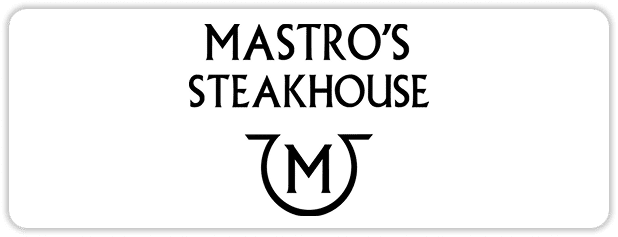
BENEFITS OF TRAINING
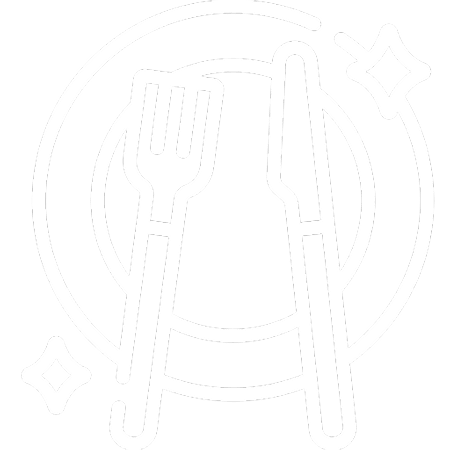
PREVENT
Education is the best tool to prevent, minimize, or eliminate foodborne illnesses and food hazards.
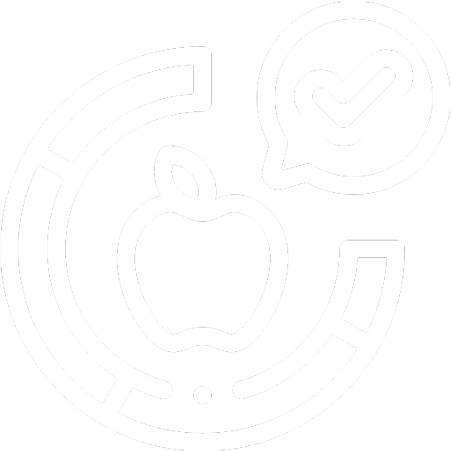
AWARENESS
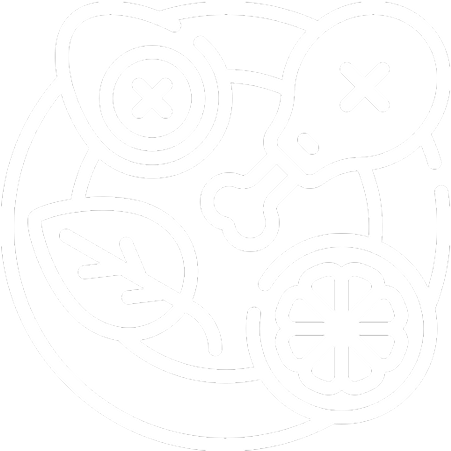
ELIMINATE
Training helps reduce or eliminate food safety hazards before they become major issues.

MINIMIZE

PRODUCTIVITY
Reducing food safety complaints will create a happier workplace and in turn increase productivity.

WORKPLACE SATISFACTION
WHY CHOOSE US

- Satisfaction Guarantee
- Online Interactive Course
- Meets and Exceeds State Guidelines
- Price Match Guarantee
- Owners and Managers: Manage, Track and Record Employee Progress
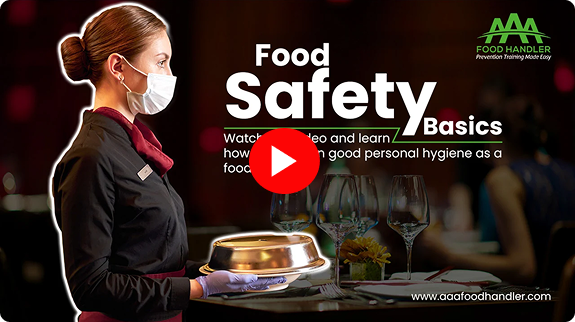
Getting Your Food Handler Card is Quick and Hassle-Free
Numerous professionals nationwide have already earned and renewed their card with AAA Food Handler — a trusted name in food safety training.
FREQUENTLY ASKED QUESTIONS (FAQs)
Missouri has no statewide rule, but several counties and cities have their course requirements. Check locally to be sure.
Usually, you must complete an approved Food Handler Course, pass a short test, and provide proof of the course to your employer or local authority.
First, check with your city or county health department to ensure your chosen course is accepted in your area.
To get a Missouri Food Handlers Card, you must complete a food safety course program accredited by the ANAB or approved by your local health department.
You must complete a food safety course that is either ANAB accredited or approved by the appropriate Missouri health authority. This course can often be taken online.
Many counties in Missouri accept a Food Handler Card from an ANAB accredited program. However, some counties and cities have specific food handler requirements, including Jackson County, Kansas City, City of Independence, St. Louis County, St. Charles County, Jefferson County, Clay County, and Cass County.
Counties where a standard ANSI-accredited card is typically accepted include Boone, Cape Girardeau, Dent, Lafayette, Marion, Platte, and Sullivan.
The Course typically includes personal hygiene, safe food temperatures, cross-contamination prevention, storage, and proper cleaning procedures.
The course takes about 1.5 hours and can be completed at your own pace.
You’ll have two opportunities to pass the 40-question multiple-choice test with a 70% or higher score.
Food Handler Cards are typically valid for 3 years, depending on the county. Confirm with your local health office for exact details.
The Food Handler Certificate Course helps you understand how to prevent foodborne illness, which may be legally required depending on where you work.
You can work in restaurants, fast food, bakeries, food trucks, grocery stores, or catering as a cook, server, dishwasher, or prep worker.
For official food safety guidance in Missouri, contact the Missouri Department of Health and Senior Services, Bureau of Environmental Health Services:
930 Wildwood Drive, Jefferson City, MO 65109
Missouri’s Cottage Food Law permits the sale of non-potentially hazardous foods, including:
- Baked goods (e.g., breads, cookies, cakes, muffins, scones)
- Jams, jellies, and fruit butters
- Dry mixes (e.g., cookie, cake, bread, and soup mixes)
- Granola
- Cracked nuts
- Honey
- Herbs and dried herb mixes
- Packaged spices and spice mixes
These items must be shelf-stable and not require refrigeration. Foods that are perishable or require time/temperature control for safety (TCS), such as low-acid canned foods, acidified foods, and particular dairy products, are prohibited.
Under Missouri’s Cottage Food Law, producers can sell up to $5,000 worth of cottage food products annually without requiring a food establishment license. Sales must be direct to consumers, and products cannot be sold through third-party vendors like restaurants or grocery stores.
No, Missouri does not require a Food Handler certificate to sell homemade food. However, it’s strongly recommended to take one to learn safe food handling practices and build customer trust. Some local areas may have their own requirements, so it’s a good idea to check with your local health department.


